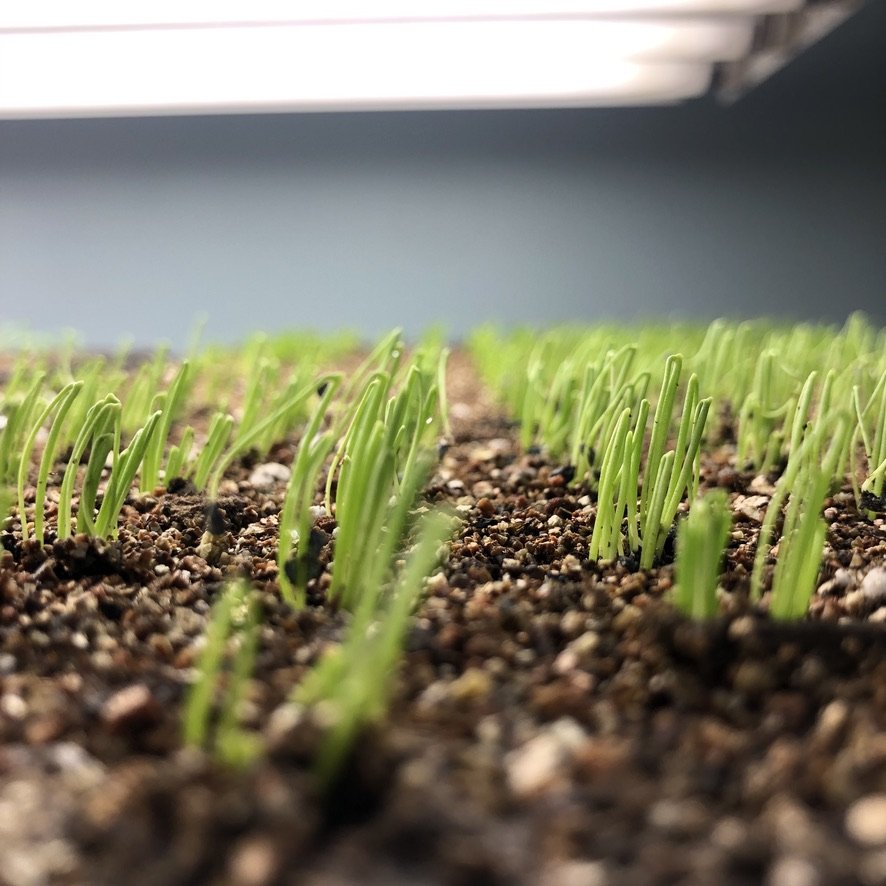
Blog
Deep dives into both timely and timeless food system topics

Tasty Morsels: Best of 2024 at KFH!
There is so much to reflect on as we near the end of another incredible, dynamic, and yes, challenging, year here at the Kearsarge Food Hub.
Join us in reflecting on the past year.
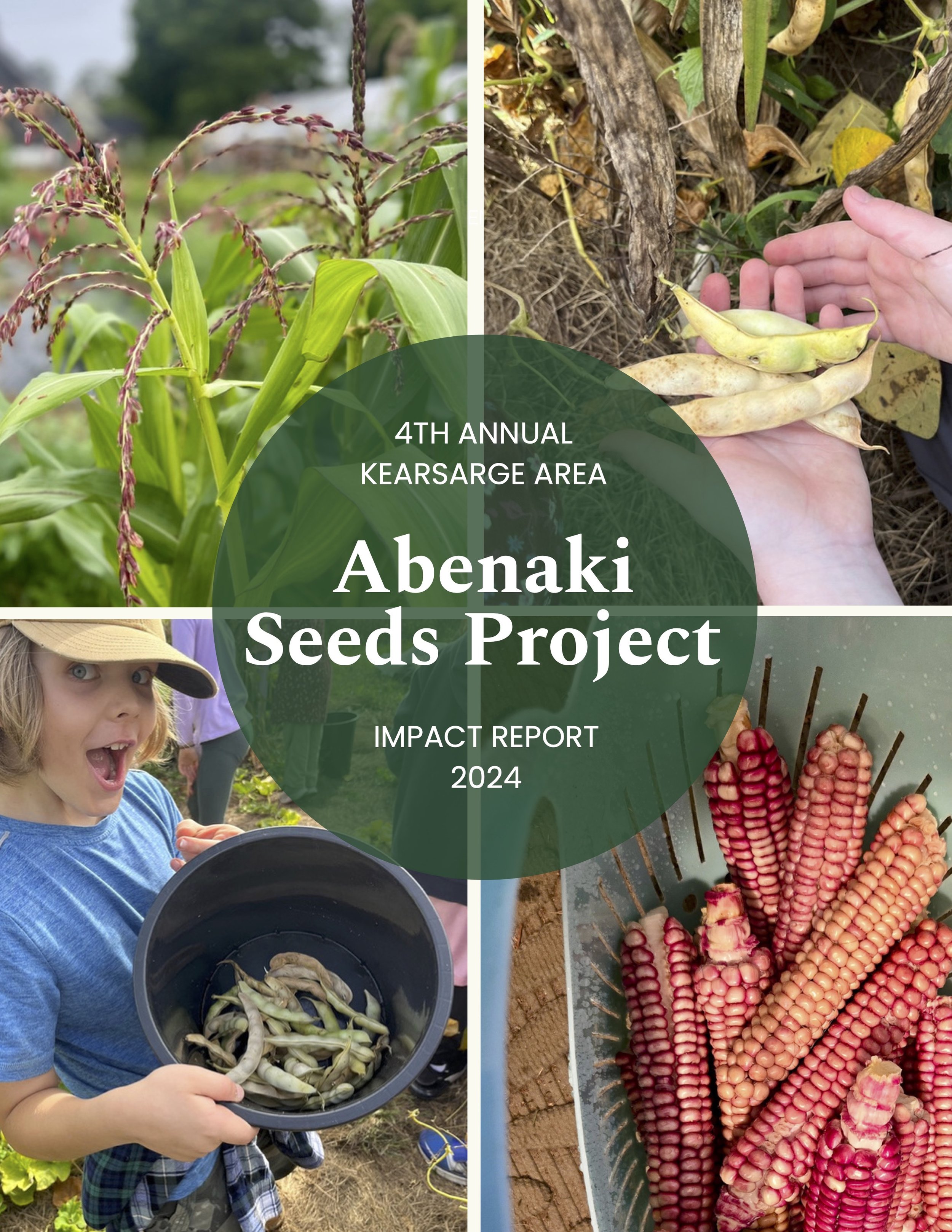
Abenaki Seeds Project Survey Results & Impact Report
In 2024, the Abenaki Seeds Project celebrated its 4th year in the Kearsarge Area, and the impact continues to deepen with each year.

Celebrating Indigenous People’s Day: The Seeds of Community Resilience!
As we observe Indigenous Peoples Day, we share our deepest gratitude to the Nulhegan Band of the Coosuk Abenaki Nation and their generous efforts sharing Indigenous heritage and knowledge with the community.
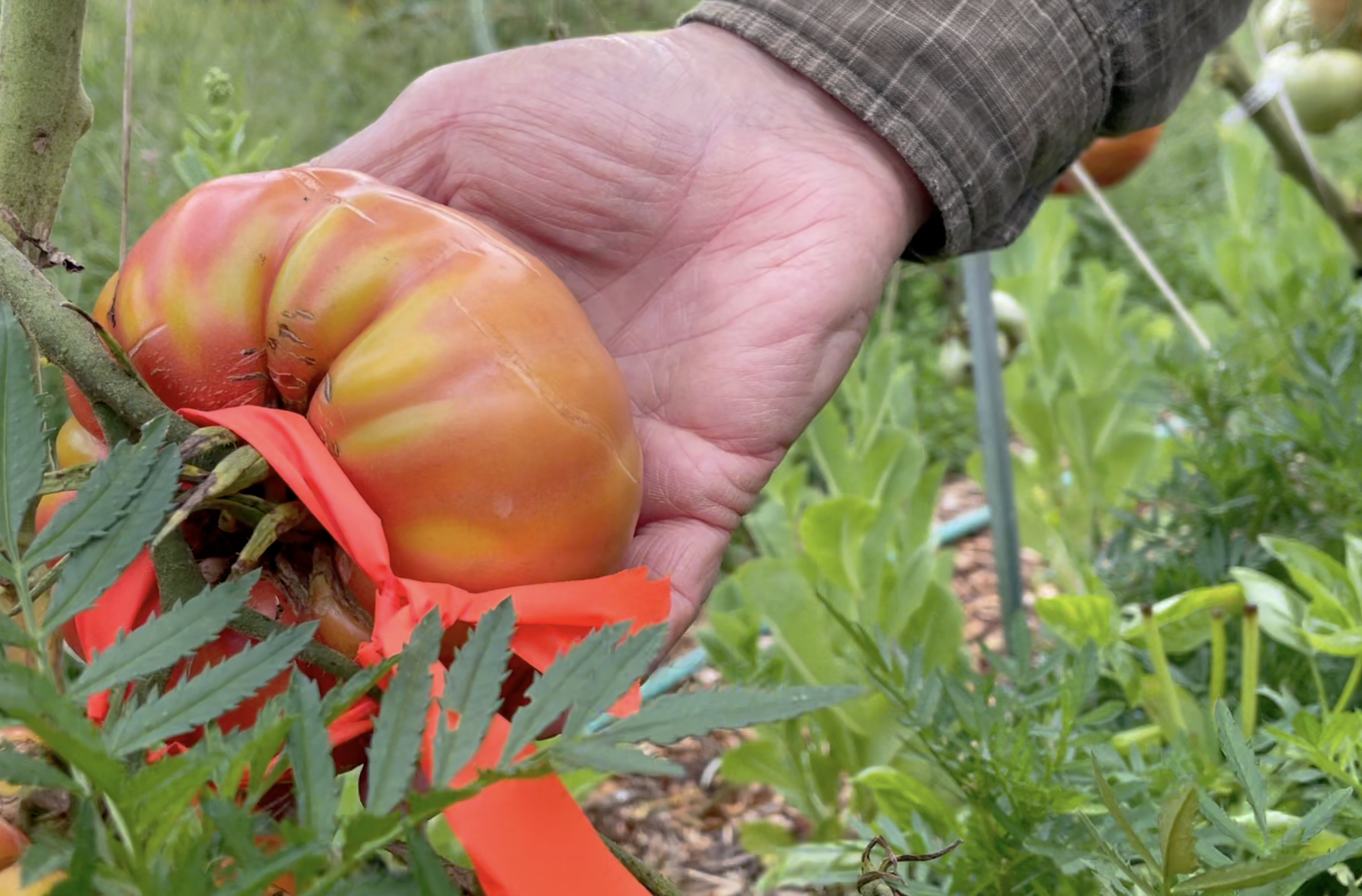
In the garden with Leon: Why and how to save seeds!
August is NH Eats Local month here in New Hampshire, a time to celebrate all things local food in the Granite State!

Why Flowers? Three benefits of adding blooms to your small farm
As the agricultural landscape continues to evolve, and pressure from industrial scale agriculture makes it increasingly difficult for small scale operations, small farm businesses are constantly seeking innovative ways to thrive and differentiate themselves.
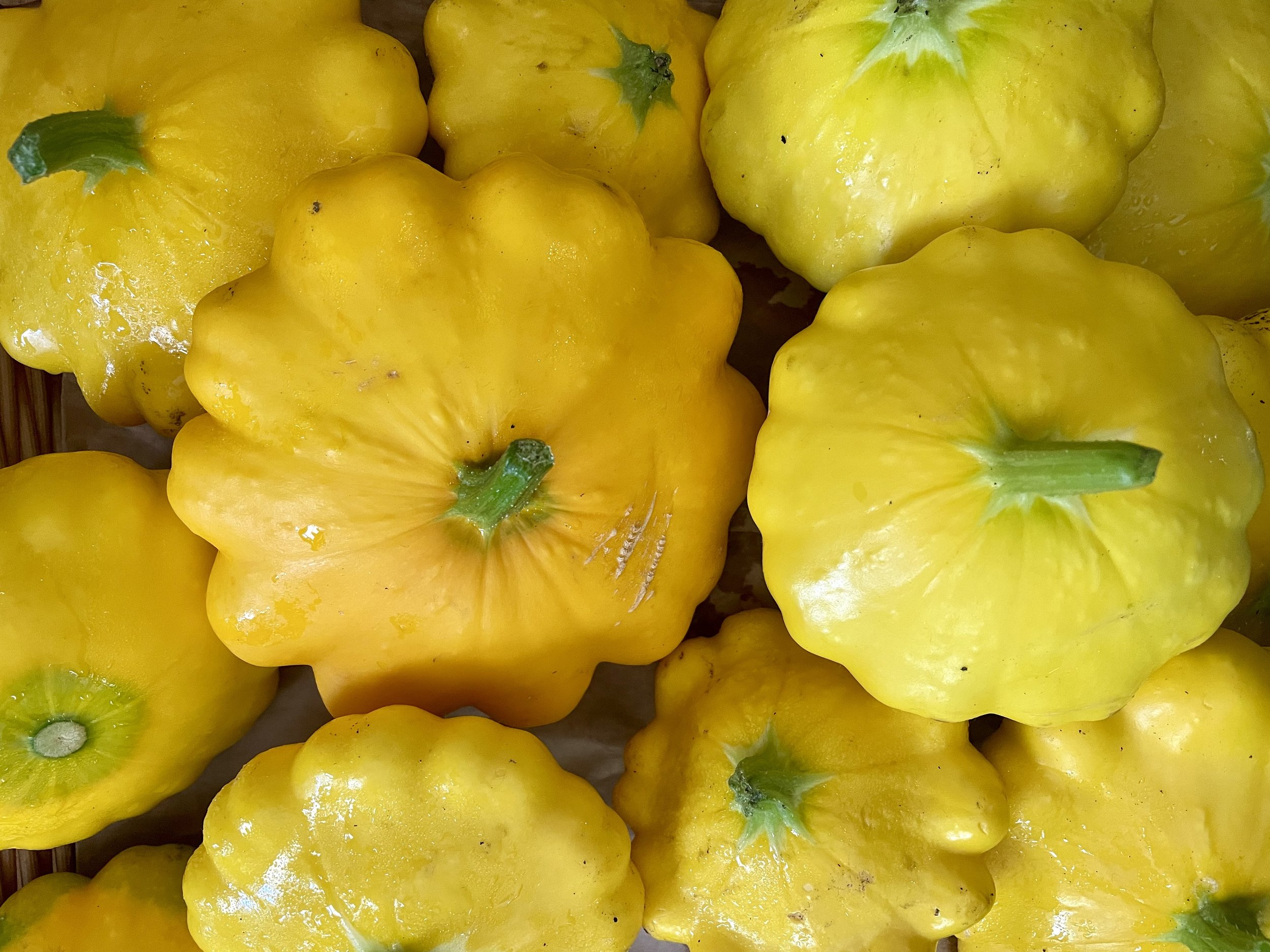
From lawn to fertile garden: Learn how in this 6 minute video!
We’re back with Professor Leon Malan in the Colby-Sawyer College permaculture garden where he takes us from compacted lawn to a fertile garden space that’s ready for your seedlings.

Celebrating Earth Day! Make your own compost at home with these short videos.
What’s one small thing you can do at home to help the planet this Earth Day? Start your own compost system at home!
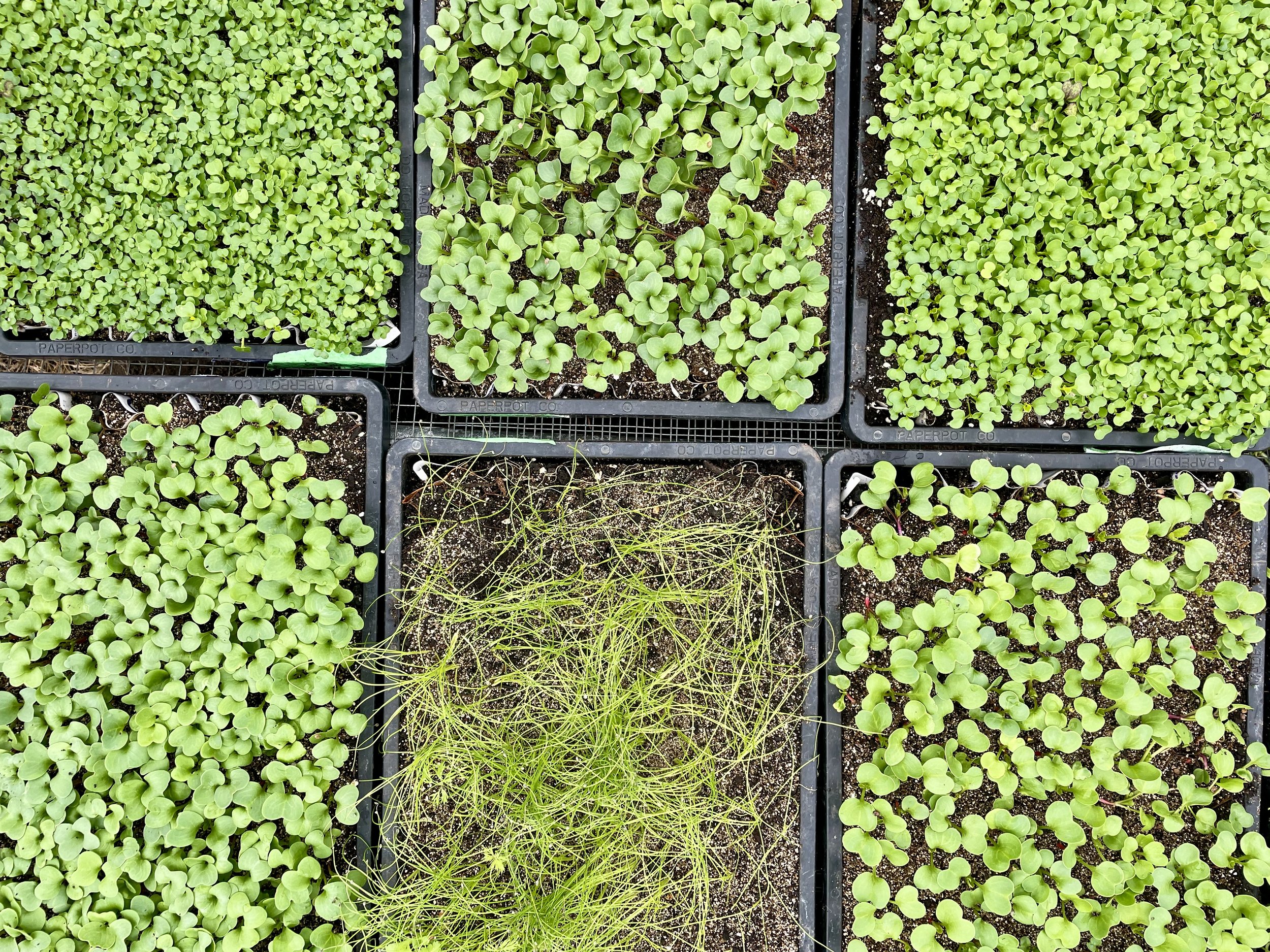
Summer Gardening Video Series: Garden Maintenance
We’re back in the garden at Colby-Sawyer College with Professor Leon Malan to explore a few key areas of garden maintenance:

Summer Gardening Video Series: In the Garden with Leon!
Here at the Kearsarge Food Hub (KFH), we’re grateful to be a part of two local networks geared toward growing more gardeners in the Kearsarge Area - FEED Kearsarge and the Abenaki Seeds Project.

Top 5 Soil Building Practices on Sweet Beet Farm
This Earth Day, we want to talk about one of our favorite topics here at the Kearsarge Food Hub - SOIL!
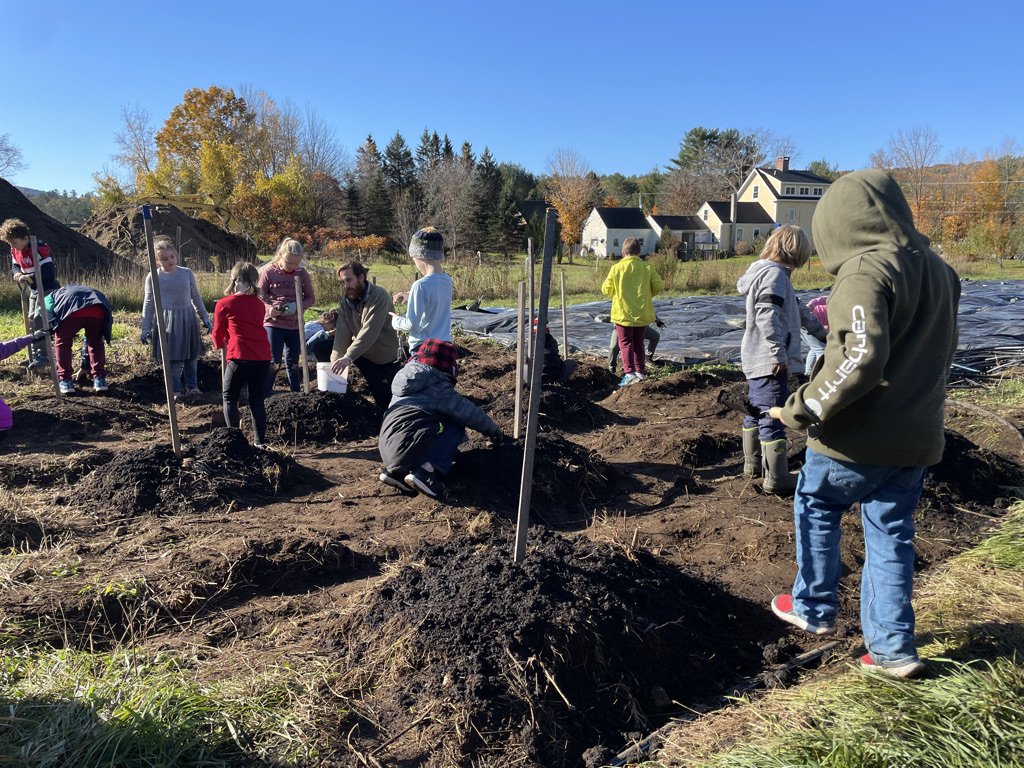
Abenaki Seeds Project: Nurturing a Community of Growers
At the Kearsarge Food Hub (KFH), we’re gearing up to support year three of the Abenaki Seeds Project in partnership with Abenaki Trails, Hopkinton Historical Society, Warner Public Market, and Colby-Sawyer College.

The what, when, how, and why of grafting tomato plants!
Sweet Beet Farm and Education team Julie and Pierre sat down to explore the world of grafting tomato plants!

Community Garden Spotlight: A New Space at River Valley Community College
In 2020, a group of community organizations, including the Kearsarge Food Hub, came together to address food insecurity and mental health concerns in the Kearsarge region of New Hampshire exacerbated by the pandemic and co-created the FEED (Food Expansion, Education, Distribution) Kearsarge initiative.

Community Gardens: Growing More than Food
Community gardens—defined loosely as shared green spaces that are communally tended—seem to be popping up everywhere lately, including three new gardens right here in Bradford. But what exactly are they? And what do they have to do with the Kearsarge Food Hub?
